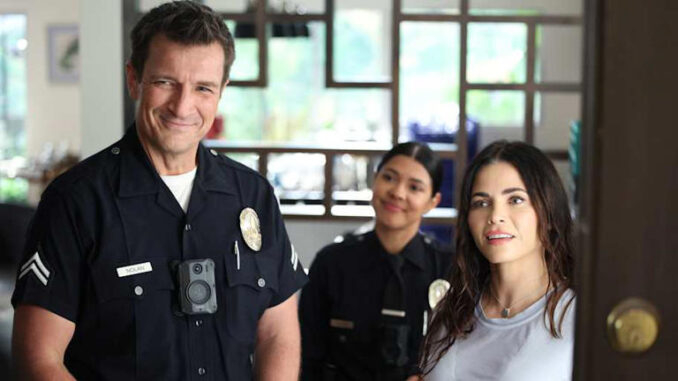
The polished boardroom table, usually a stage for grim pronouncements and cautious forecasts, gleamed under the soft hum of the recessed lights. Every eye in the room, from the grizzled department heads with decades etched into their faces to the ambitious junior VPs with their crisp suits and sharper elbows, was fixed on Liam.
Liam. The ‘rookie boss.’ The phrase, often whispered with a mix of curiosity and thinly veiled skepticism, clung to him like the scent of new leather. He was younger than most of his direct reports, his tenure measured in months rather than years. He carried the weight of expectation—and perhaps, the quiet dread of failure—with a composure that belied his age. Today, however, the nervous energy that usually hummed around him had transformed into something else entirely: a palpable, almost electric, anticipation.
The topic? A planned spinoff. Not merely a rebrand, not a minor pivot, but a radical excision from the company’s core, designed to launch an entirely new entity into an aggressive, unproven market. The rumors had swirled for weeks, fueled by hushed meetings and the sudden appearance of unfamiliar faces in the executive wing. Skepticism, of course, was rampant. Spinoffs were inherently risky, dividing resources, disrupting established hierarchies, and often, proving to be expensive gambles.
But Liam, the rookie boss, stood before them, his gaze sweeping across the faces, perhaps reading the doubt, perhaps anticipating the resistance. He hadn't launched into a detailed financial prospectus or a dry strategic overview. Instead, he had paused, a beat of silence that stretched, thick and pregnant, across the room.
Then he had delivered the line, deceptively simple, yet charged with the full force of his conviction: "'I feel very positive about it'."
The phrase was a masterstroke. It wasn't a corporate platitude, not a detached analysis of market trends or projected profits. It was personal. "I feel." In that moment, Liam wasn't just a CEO; he was a human being, sharing a belief, a conviction that ran deeper than numbers on a spreadsheet. For a rookie boss, unburdened by years of corporate cynicism, this personal investment was not a weakness but his greatest strength. He hadn’t learned to temper his enthusiasm, to mask his belief behind a veil of cautious objectivity. His optimism was raw, untainted, and utterly contagious.
The air in the room, thick with the murmur of hushed anticipation, seemed to thin, allowing a sudden, collective exhale. It was an exciting update not just because of what was being announced—a bold new venture, a fresh chapter in a story that often felt too predictable—but because of who was announcing it, and how. The "rookie" part of his title suddenly felt less like a question mark and more like an exclamation point. He embodied the very spirit of a spinoff: agile, unencumbered by legacy, brimming with potential.
For the company, this spinoff represented a significant gamble. It was a shedding of old skin, an attempt to birth a more nimble, innovative organism from the established, sometimes slow-moving, corporate body. It was a recognition that to grow, sometimes you must prune; to innovate, sometimes you must break away. The "positive feeling" Liam articulated was more than just good vibes; it was the necessary fuel for such an ambitious endeavor. It was the belief that would inspire engineers to work late, marketers to brainstorm audacious campaigns, and investors to take a chance.
But the journey ahead would be fraught. The path of a spinoff is rarely smooth, often marked by unforeseen challenges, budget overruns, and internal resistance. Liam’s "very positive" feeling would be tested, not just by external market forces, but by the very real pressures of execution, stakeholder management, and the loneliness of leadership. He would need that positivity as an anchor, a north star, when the inevitable storms hit.
Yet, in that singular moment in the boardroom, as the echoes of his quiet conviction settled, it was clear that Liam, the rookie boss, had done more than just deliver an "exciting update." He had ignited a spark. He had injected a vital dose of belief into an enterprise that demanded nothing less than absolute faith. His inexperience, in this instance, was his superpower—a fresh perspective unmarred by past failures, a boundless optimism that saw not just risk, but immense, exhilarating possibility. The true test lay not in the pronouncement, but in the journey, and with his quiet declaration, Liam had already set the compass for a voyage into uncharted waters, feeling, very truly, positive about it all.